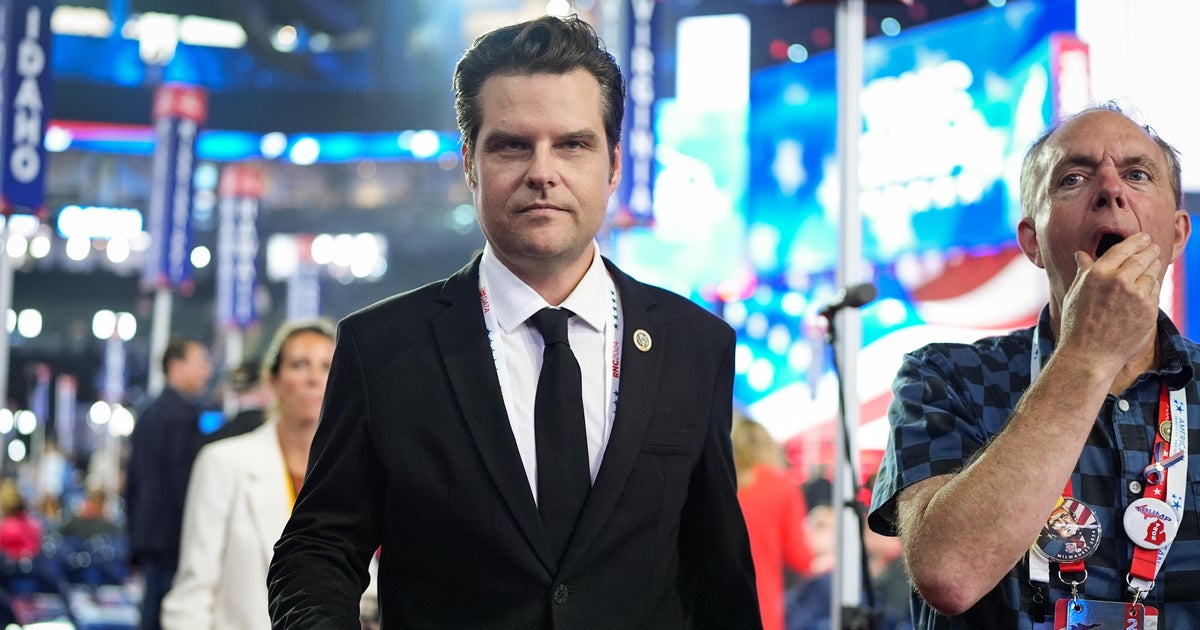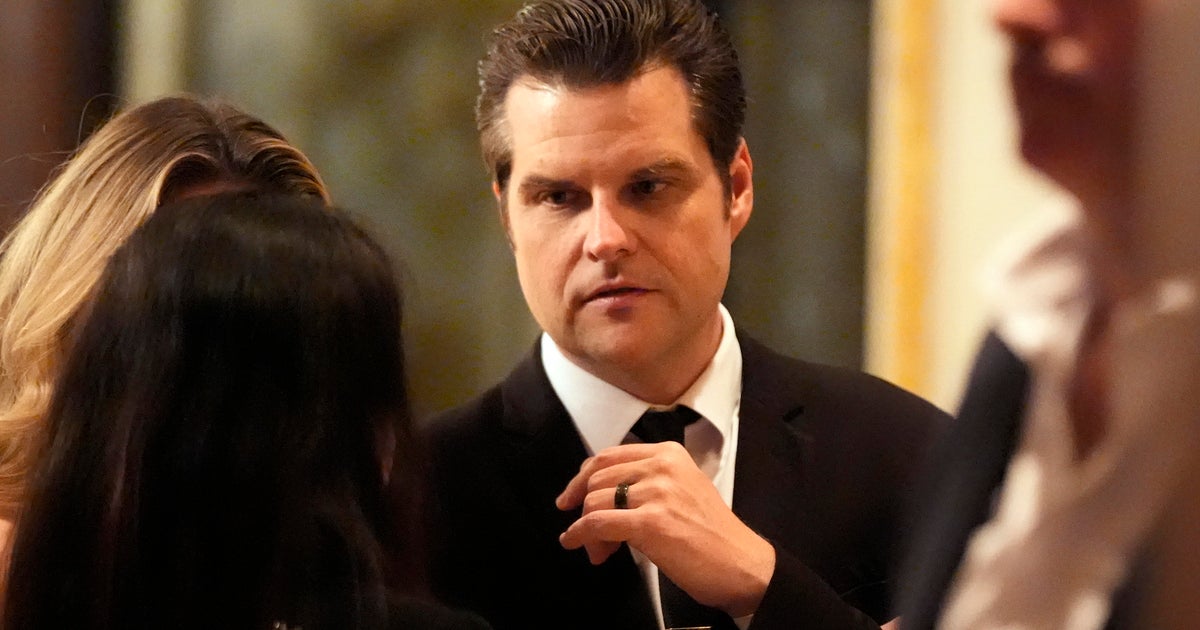Florida legislature inches closer to passing felon voting rights bill
Legislation that would restore voting rights to convicted felons who complete their sentences except murderers and felony sex offenders moved another step Tuesday toward passage in the Florida House.
Lawmakers debated a measure into the night that would implement a constitutional amendment approved by voters last November. The main issue is whether legislation is needed at all, and whether the House bill sets up unnecessary hurdles for ex-felons such as requiring that all fines and restitution be paid.
A final House vote could come as early as Wednesday. A similar Senate bill is pending.
Republican Rep. Jamie Grant of Tampa, the main sponsor, said completion of a sentence includes any period of probation and any financial obligations ordered by a judge. Grant said proponents of Amendment 4 specifically included those provisions when the issue came before the Florida Supreme Court for approval prior to last year's election.
"We're not putting any additional impediments in. We are upholding what was put before the voters," Grant said. "It absolutely includes fines, fees and court costs."
Opponents said those requirements would bar many former felons from voting and violate the spirit of the constitutional amendment. They compared the financial aspects of the bill to a type of poll tax used to bar African Americans from voting during the Jim Crow era in the South.
"The amendment was self-executing," said Democratic Rep. Joe Geller of Hallandale Beach. "The amendment does not require implementing language for these people to be put on the voter rolls."
Before passage of the amendment, the Florida Constitution prevented any ex-felon from regaining the right to vote unless the governor and Cabinet, sitting as the Board of Executive Clemency, agreed to do so, and only after a period of five to seven years. That system was roundly criticized as inherently unfair and subjective, leading to the new amendment.
An estimated 1.4 million former felons could regain their voting rights under the amendment. There have been no estimates of how many have already registered to vote since its passage.
The House bill also authorizes the Florida secretary of state to come up with a permanent system for determining the eligibility of former felons to vote.



